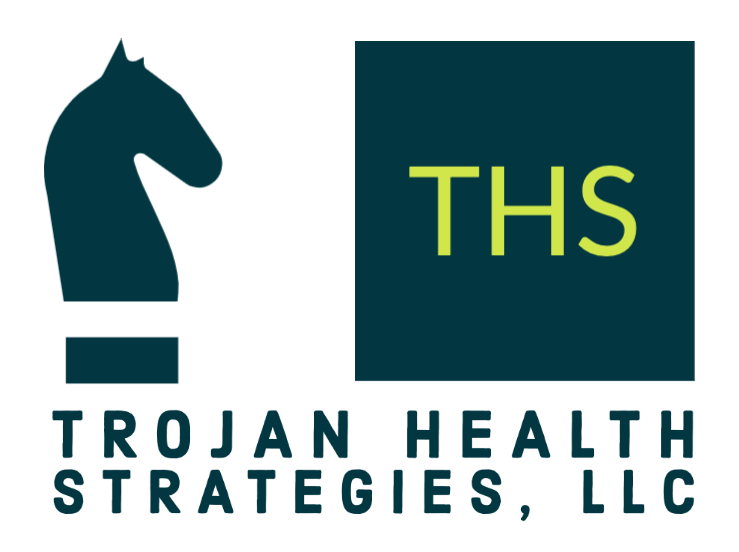You’ve Overreacted. Now What?
As innovators, we can be passionate about our ideas and may react emotionally in an effort to support something that we value highly. Recent events have caused me to reflect on this question:
Is emotion bad?
Not necessarily, but the expression of emotion can impact the impression others may have of you. Emotion is somewhat controversial, in my opinion, because while we are encouraged to show up authentically, at times, it is challenging to accept both the good and the bad. At its worst, emotions can destabilize a team and make those around you feel discomfort. Further, some are free to behave badly, and others are criticized for lesser reactions as noted in this 2018 Washington Post article:
Former champion Billie Jean King, who used her Hall of Fame career to advocate for equal rights, thanked Williams via social media for making the overdue point, tweeting: “When a woman is emotional, she’s ‘hysterical’ and she’s penalized for it. When a man does the same, he’s ‘outspoken’ & there are no repercussions. Thank you, @serenawilliams, for calling out this double standard. More voices are needed to do the same.
At their best, emotions clearly communicate the truth. So finding the right balance is critical. But what happens when you go too far? How can you recover? Recognizing that your brand may be injured, it is possible to put yourself on the road to recovery without squandering your beliefs. Here are a few things to consider as you decide what to do next:
What is important to you?
Once you have had a chance to cool off, take a few minutes to examine how you were feeling before, during, and after the incident. This is a critical step because the answers to the next questions will determine how you move forward with the next thought exercises. First, holistically decide what is important given your value system, goals, and environment. Is how you are seen in this situation of great concern? If not, then stop here. Do you care about how your outburst impacts your brand? Conduct an impact assessment on how others might see you. Questions that explore how the display of emotions impacts:
How did my outburst impact ________’s advocacy for me?
How does my outburst impact my ability to lead?
How information will flow to me now?
What is my ability to collaborate and partner with others?
Am I more or less effective?
How is my social capital impacted?
With these answers, you can consider the incident and decide if you were wrong, or if you acted in a way that was inconsistent with your values.
Reparations
At a minimum, consider the impression left on the person the experienced your emotional outburst. Apologize if you violated their personal space. However, it’s up to you to determine if any other emotional response warrants an apology. It may be as simple as a conversation to help the recipient better understand why this topic was so important to you. This is an opportunity to strengthen the relationship. If you are concerned with the impressions of those that observed the exchange, you might consider a formal apology to your hosts or attendees for altering the spirit of the event. This apology can be in the form of an email or personal address if the platform to do so is available. Follow these steps to start repairing your personal brand:
Remind people of why you bring value. Lean into that value and recapture control of your own narrative.
Apologize to the person or publicly, if necessary. The apology should match the scale of impact.
Own the error. Acknowledge that you made the mistake and practice humility. Vulnerability speaks to your humanity.
Take some time to reset. Oftentimes, outbursts are a result of being out of balance. Find a place where you can recharge.
The reality is that we are all going to stumble at some point. There are those that will coach you to use strategies to calm your emotions before you lose control–and this is very important. In light of recent events, I wanted to focus on an approach to what to do when you do slip up. What else would you add to this approach?

